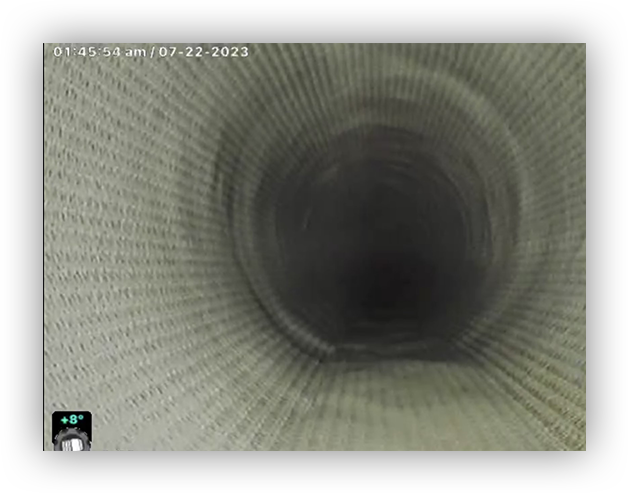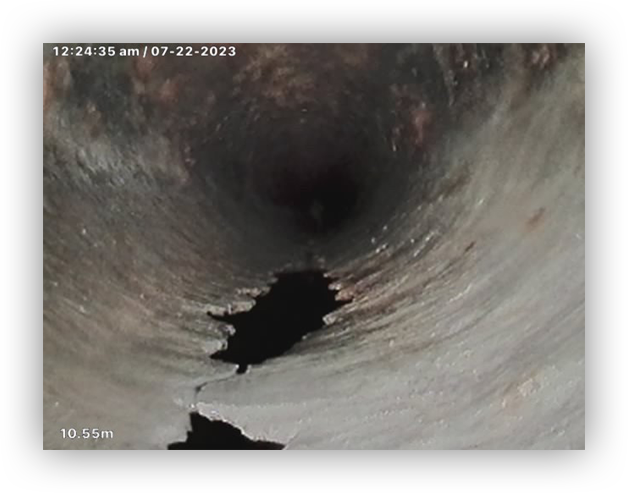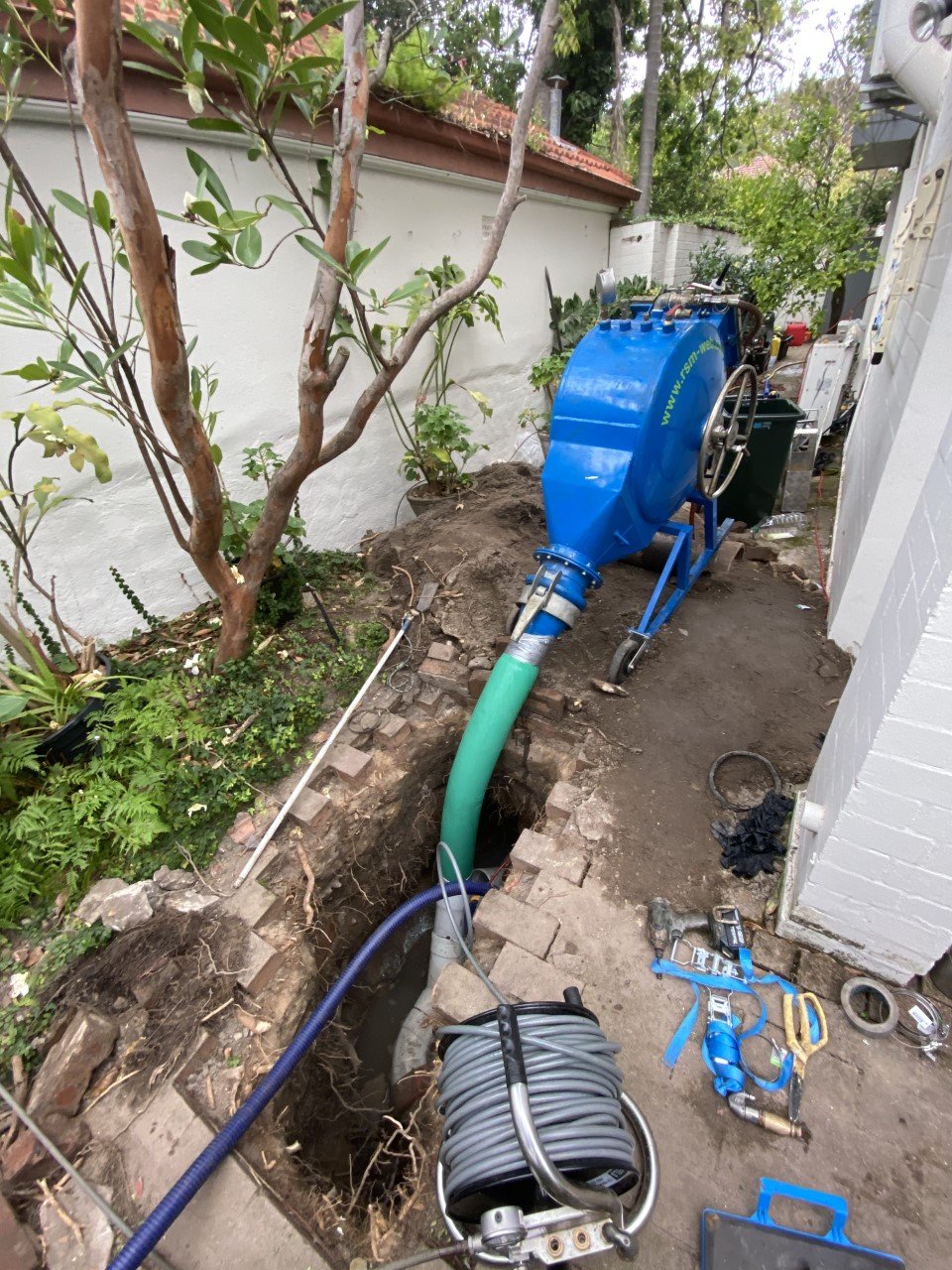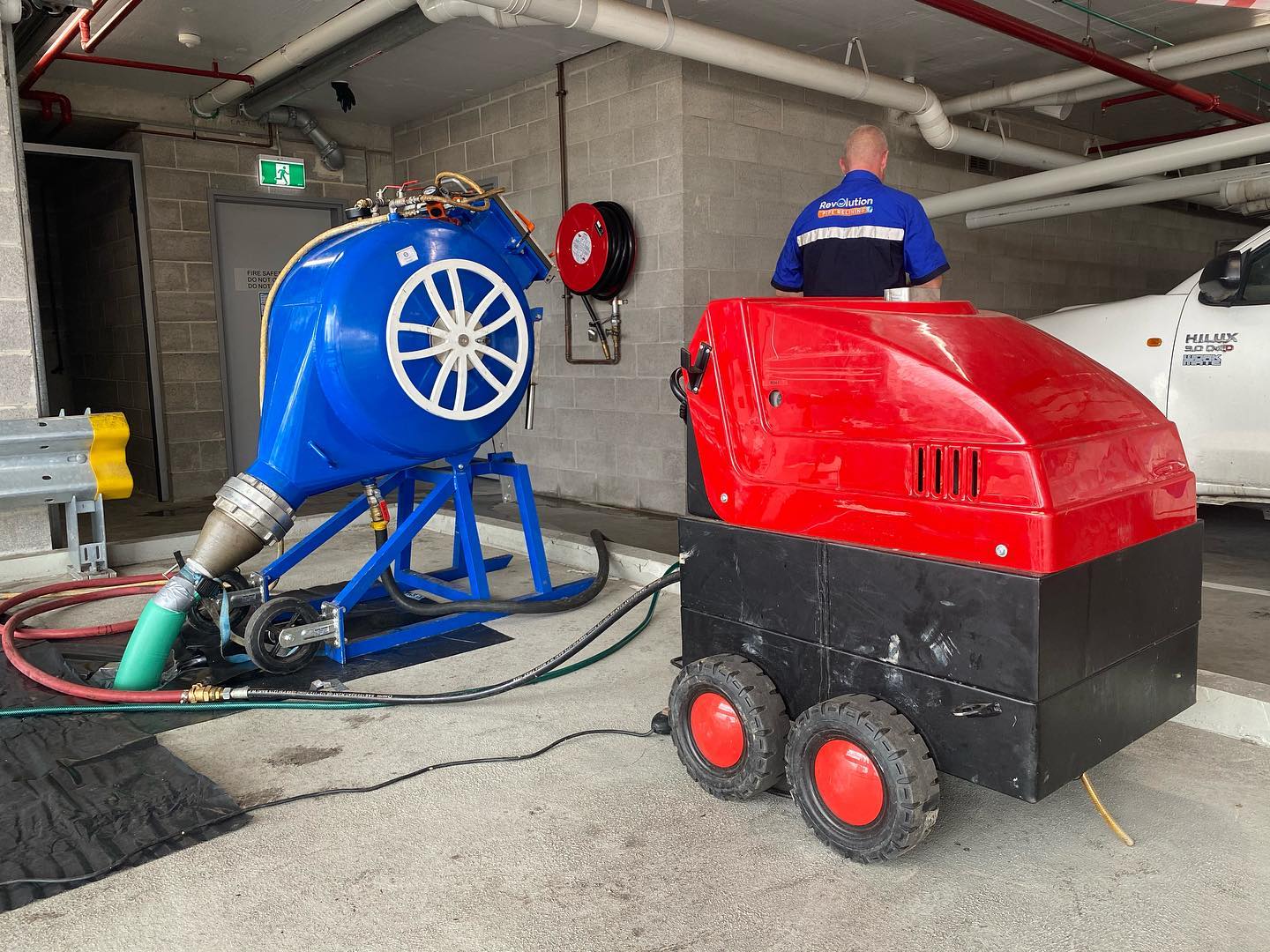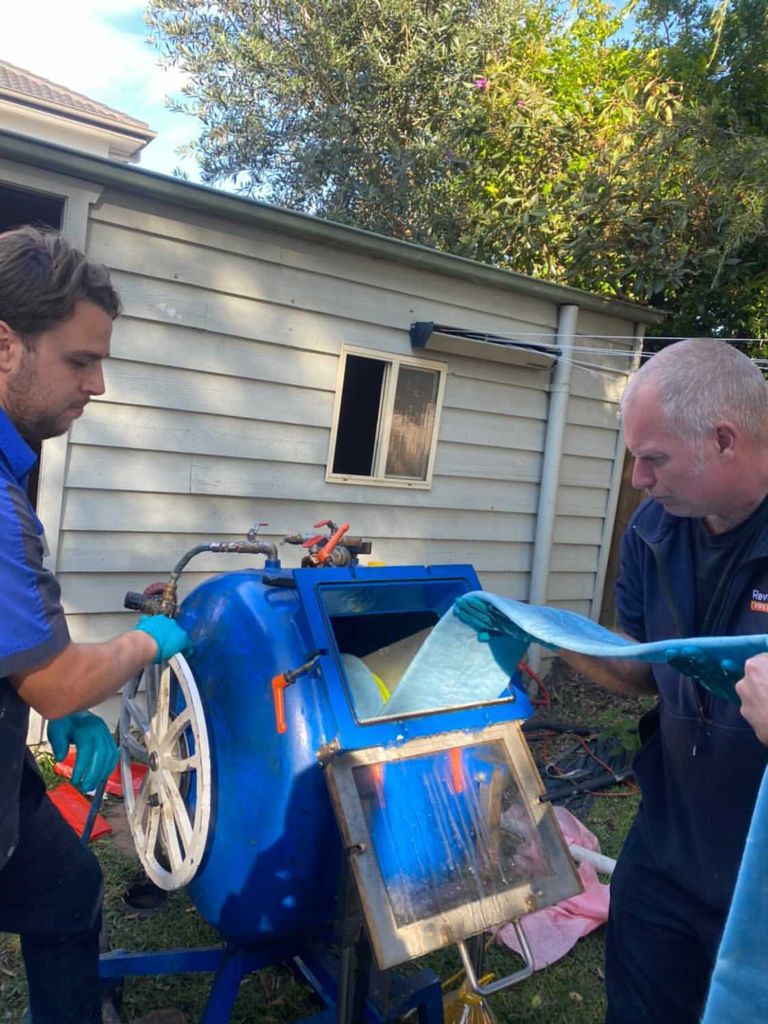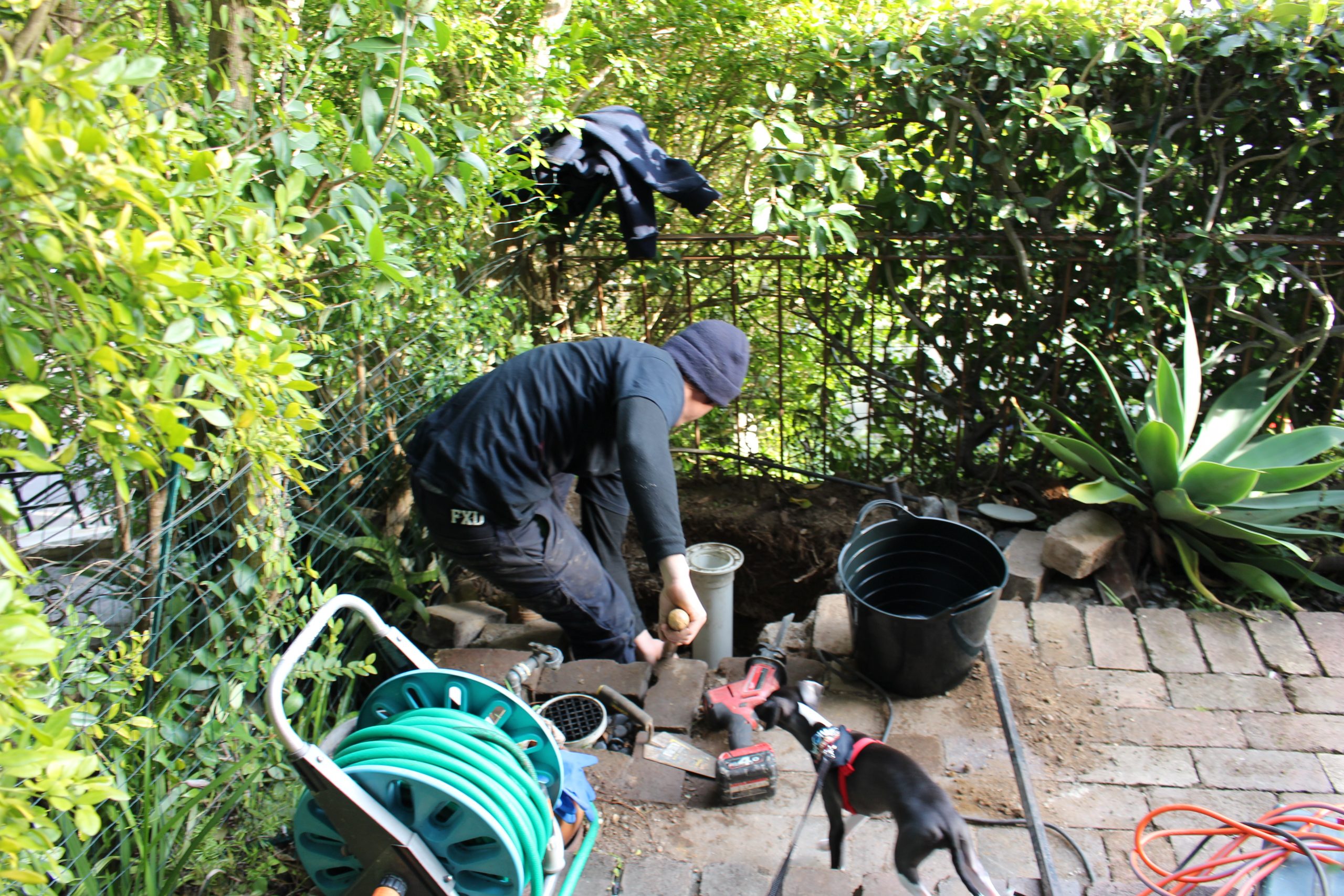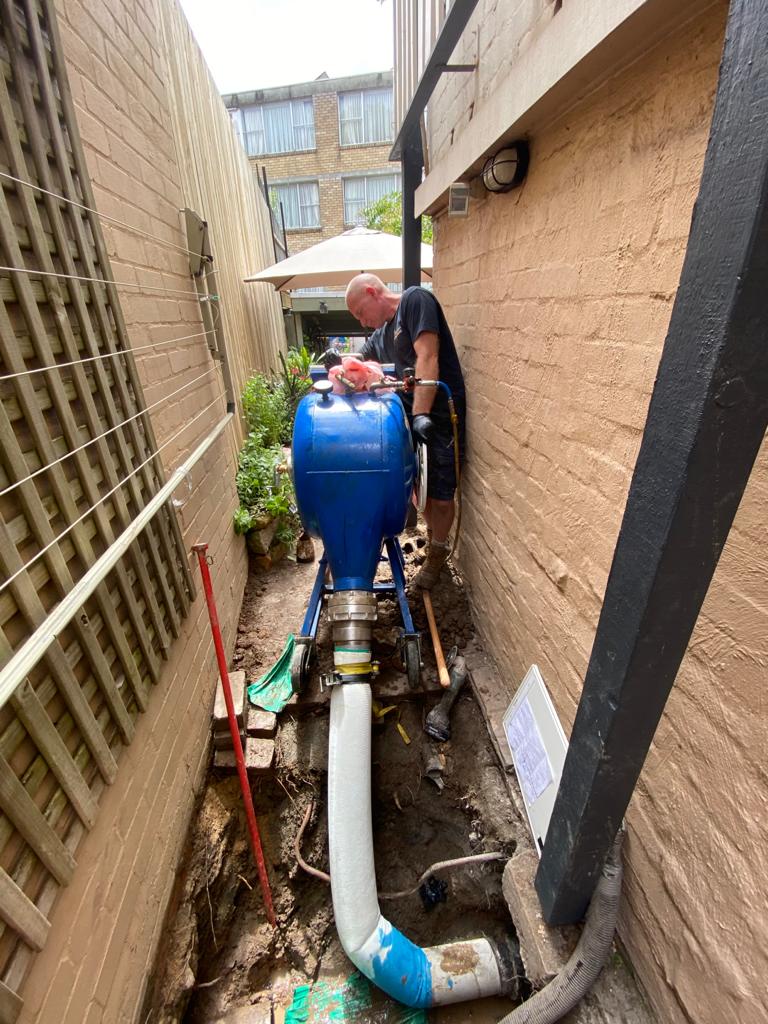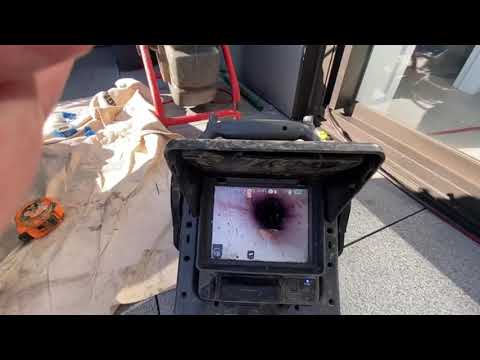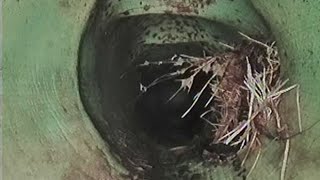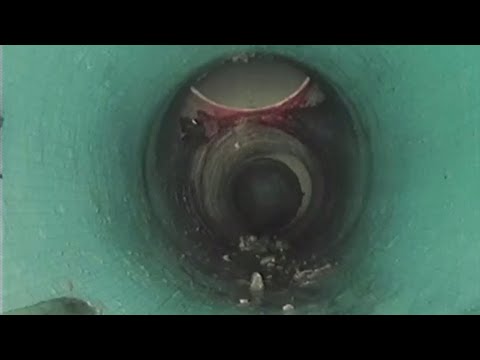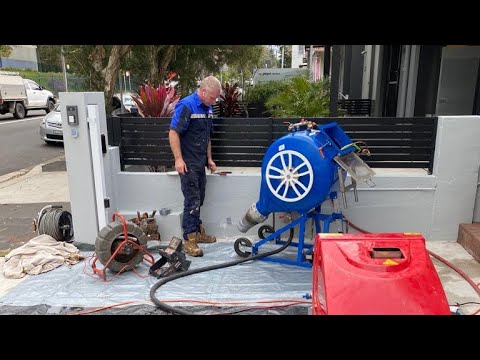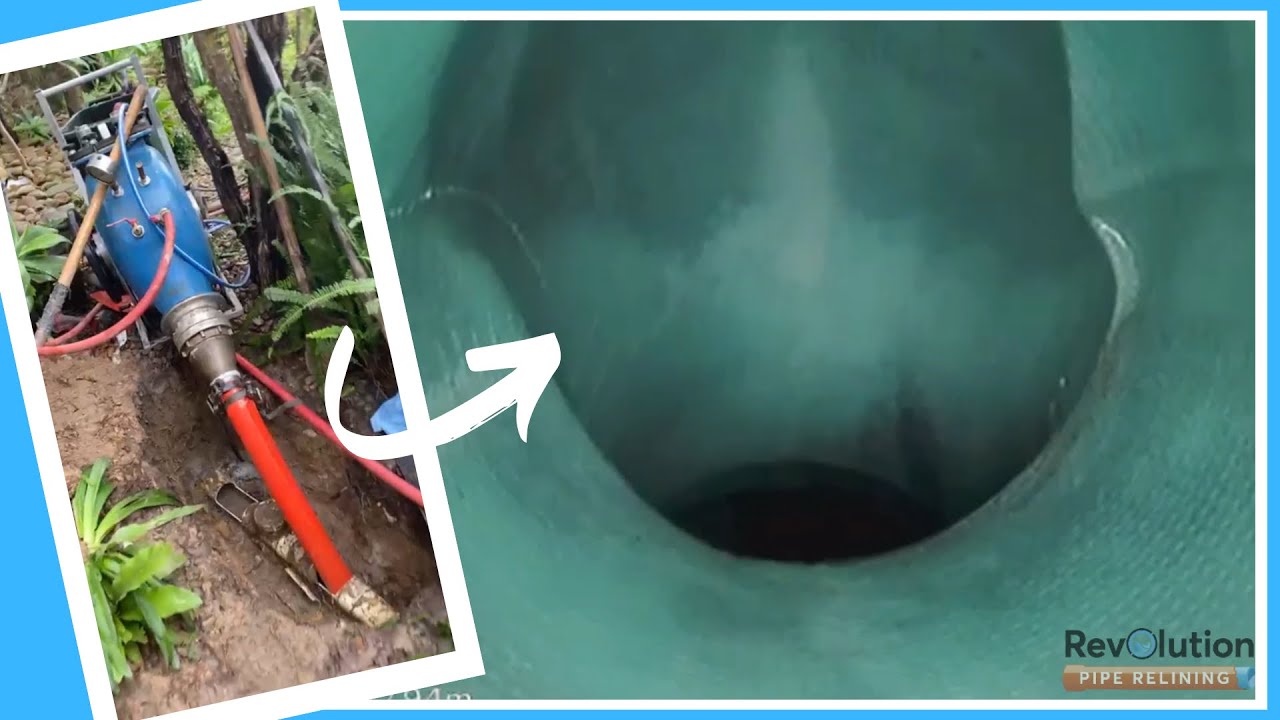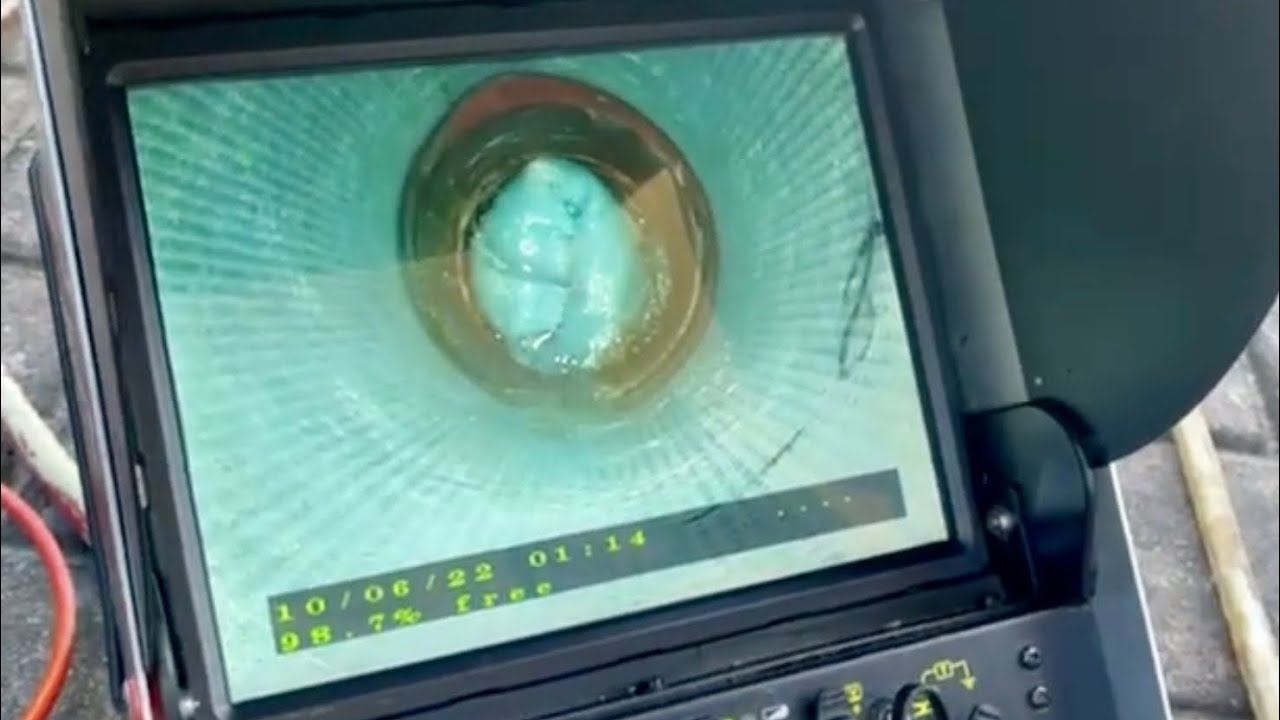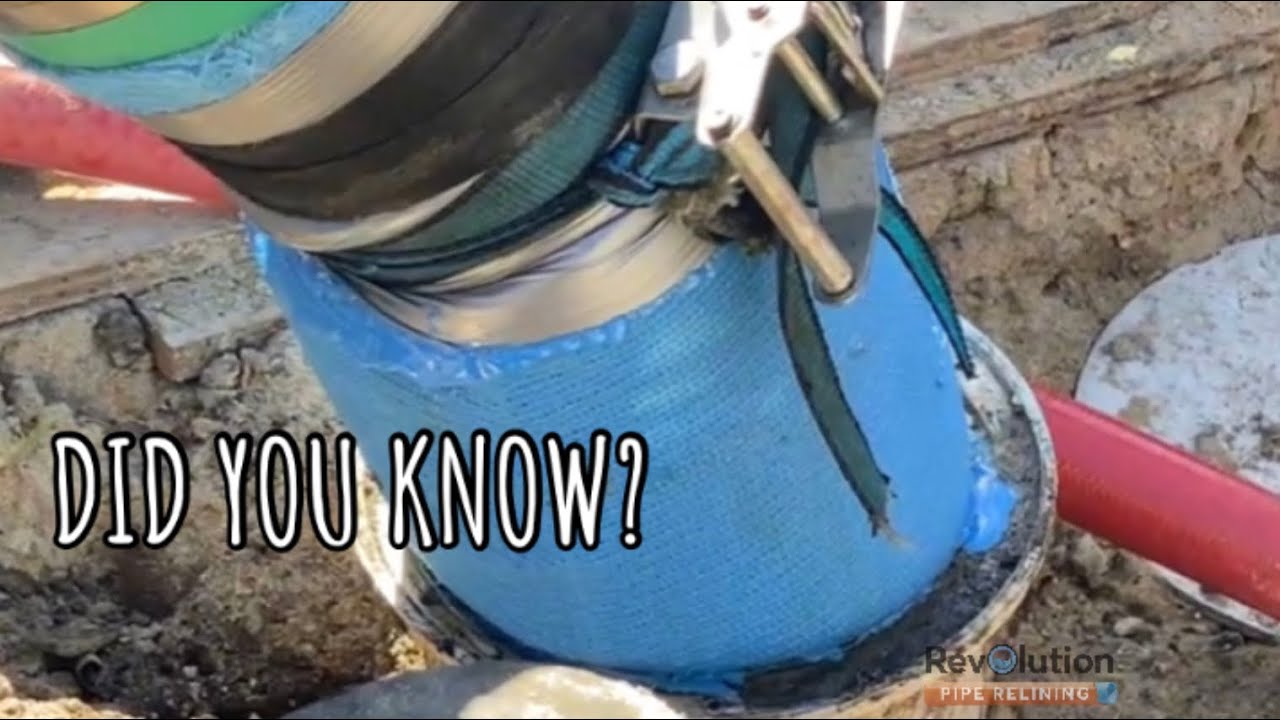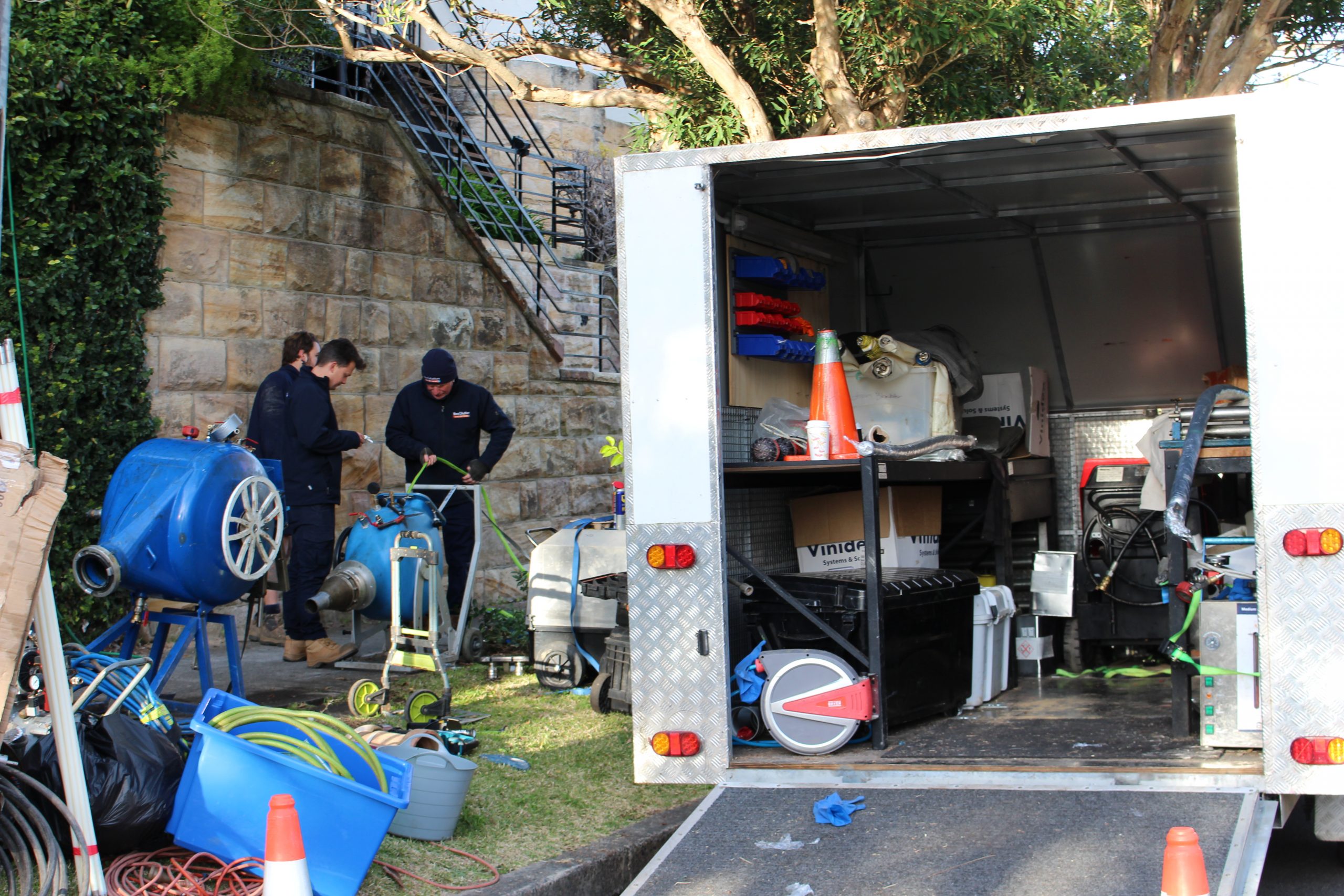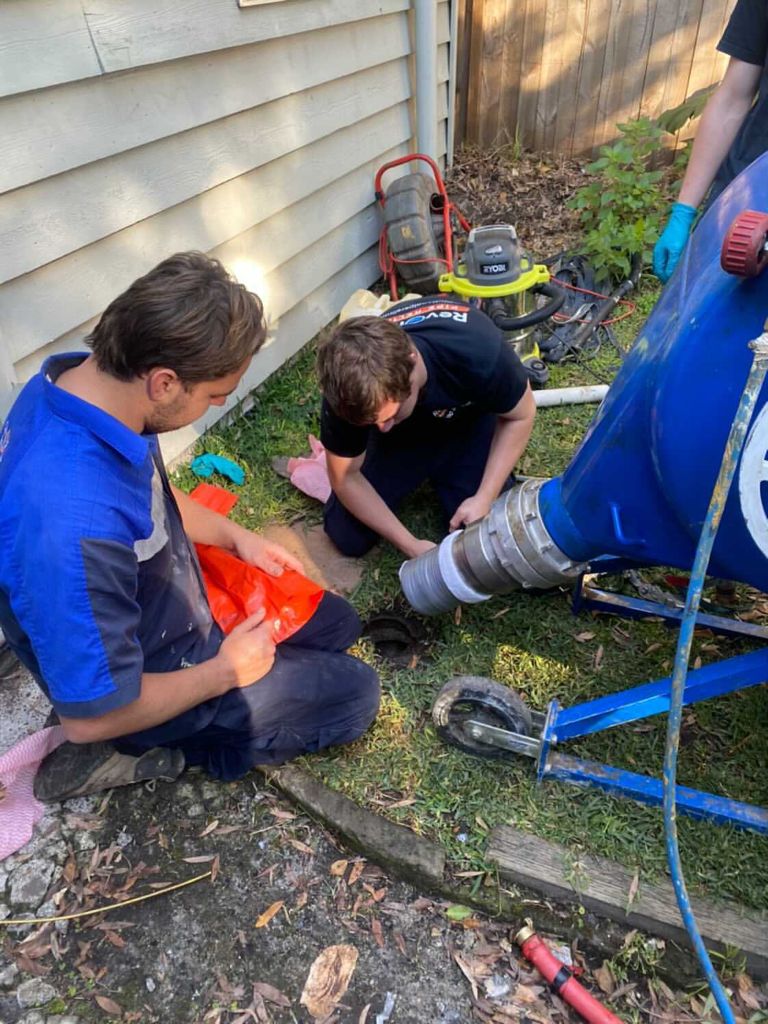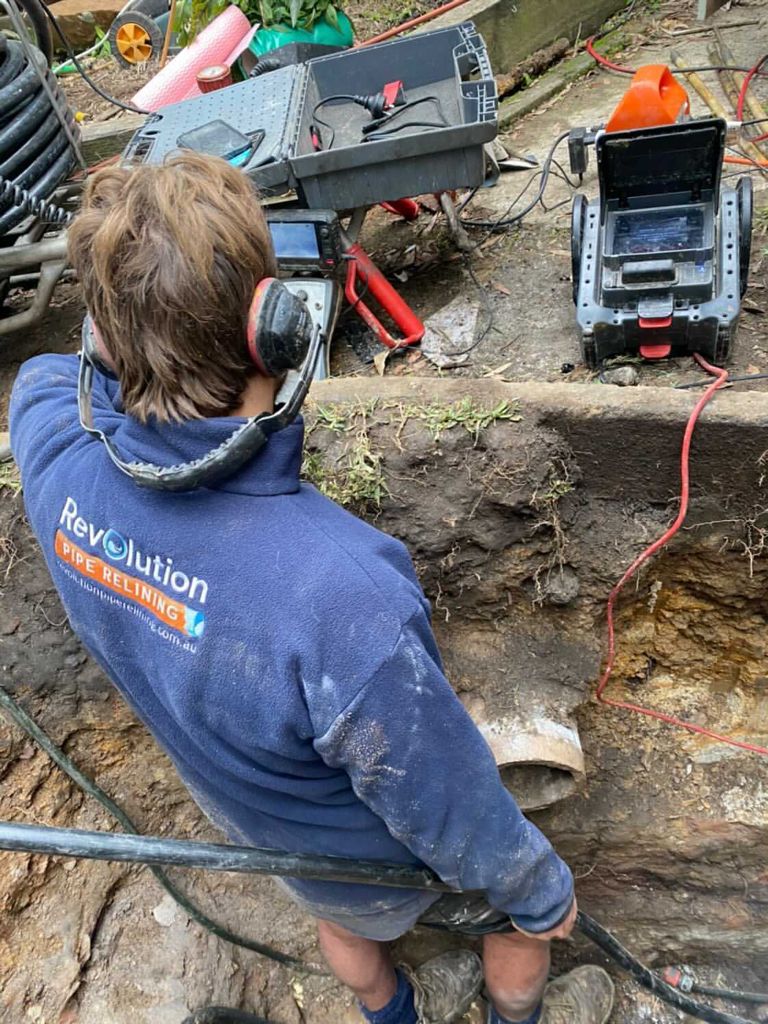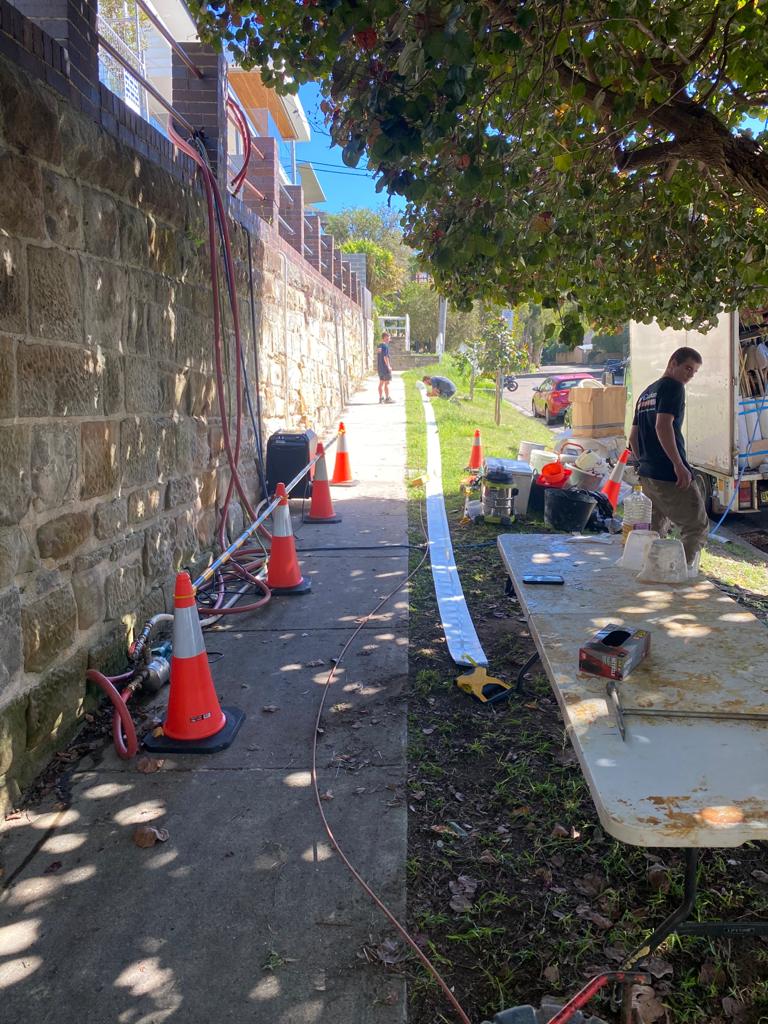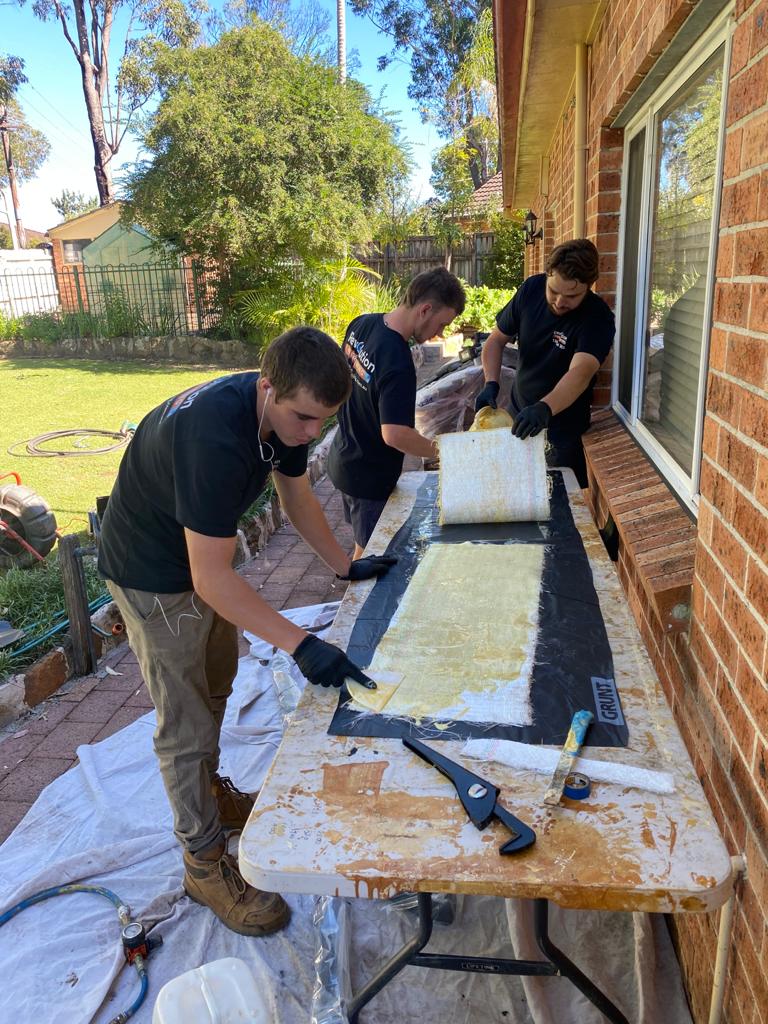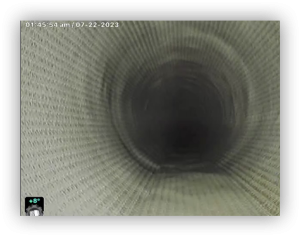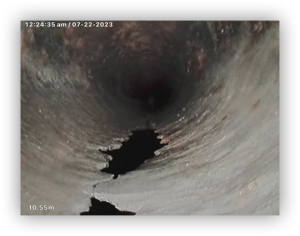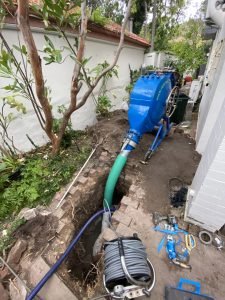How to maintain a healthy drain system
- Drains are an often neglected part of a property since they are not something people see regularly. If you have a crack on the wall or a window breaks, you will notice that immediately. With drains, however, damage can be invisible until it’s too late. This is why it’s essential to learn proper drain maintenance and prevent significant issues such as clogging.
- In this article, we will list our top tips on how to maintain your drain system, as well as the risks of trying to deal with the damage by yourself.

How to maintain your drain system correctly
- Not all drains are equal. Some need a lot more regular maintenance than others, such as the bathroom sink, shower, and bathtub. There is a steady build-up of many different things like soap, hair, toothpaste, and suds that can cause many issues in the future. Others might need a good clean up only every once in a while. If you’re not sure where to begin or what to do precisely, don’t panic!
- As professionals, we know what you need to do to keep your drainage system running smoothly all the time, and we will share those tips with you.
Put drain guards
- This is the first and most crucial step to protecting your drainage system from getting clogged. Drain guards are mesh or metal covers that only allow the water in and keep all the large debris away from the drain itself, like hair and food leftovers. It’s a definite must in the kitchen if you regularly wash the dishes, as well as all the bathroom drains to keep the hair away. Speaking of washing things in the kitchen sink, keep in mind that you should NEVER dispose of old cooking oil or similar products in there.
Use a bacteriological drain cleaner
- These cleaners are usually very good at dissolving any leftovers that might have stuck to the drains and disrupt the water flow. Depending on the product, instructions vary, but most of the times, it’s pretty easy. You just need to pour the solution into the drain and leave it there for as long as it’s needed. After the specified time is over, run hot or cold water down the drain, and you’re ready.
- We recommend that you choose a natural product that will be gentle to the pipes. Do this cleaning every few months.
Wash the drains with hot water
- This is an easy general clean up of the pipes that you can do every week. One way to do it is to use only hot water – it will take care of most oil and fat residue on the sides of your pipes. If you want to be even more effective in your cleaning, use a mixture of vinegar and baking soda. The acidic nature of the vinegar combined with the baking soda, can do wonders to the greasy build-ups. You can use this combo pretty much on any surface, as well.
Don’t forget your waste disposal
- It’s just as important as your pipes! You should deep clean your garbage disposal at least once a month, depending on how much you use it. You can do this in two steps:
- 1. Grind two medium cups of ice cubes together with 2 tbsp of salt. They will cut through the grease and remove the majority of the nasty build-up.
- 2. Create a mixture of cold water and two limes or lemons. Let it sit for a little while in the garbage disposal and then flush it down. This action will help to get rid of the nasty smell from the waste.
Be careful when you wash your pets
- This activity can often turn into a whole adventure. First, you have the mammoth task of getting your pet in the bathroom, which can be quite tricky, especially if you have a cat. And if you miraculously manage to wash them properly without getting dispatched, you still have to take care of the piles of hair gathered around the drain.
- And while we can’t force your pet to like being showered, we can give you a bit of great advice on how to keep its hair away from your pipes. Simply put a washing cloth on the drain so that the hairs don’t reach their final destination. Gather everything at the end of the washing and dispose of them in the waste bin.
Keep an eye for signs of damage
- It might be a strange dripping sound coming from the basement or water gathering in the shower. Weird smells, sounds, increased moisture, wet patches, leaks, visible drainage problems are all things that need to be noticed as soon as possible while there is still the option of repairing them. Otherwise, you risk becoming a victim of irreparable damage that will cost you a lot of money.
- Regular inspections and vigilance are the keys to keeping your property safe, as well as your family.
Know When it’s Time to Call a Professional
- When it comes to drainage systems, often, you might come across problems that are just too difficult to be resolved with DIY methods. We recommend that you don’t try anything that might further damage your home and instead seek the help of a certified expert capable of resolving your problems safely and efficiently.
- Here are the top reasons why you should leave the challenging work to the drain experts.
- DIY remedies are not suitable for serious clogging problems – We know we mentioned using baking soda, vinegar and lemons to clean up your drains, but they are only good with light residue build-up, and just for a general clean, you can do regularly for maintenance. Some people use wire hangers to get the hair out of the pipes, which is also not an effective way of doing it. You can’t see how much hair there is, and if it’s not removed entirely, the build-up will start again, and you’ll be back at the beginning. With seriously clogged drains, you need professional tools to get all the nasty out without damaging your pipes.
- Hot water is not good for PVC pipes – Most of them cannot withstand hot water, so doing that will cause the pipes and seals to melt – severe damage that cannot be undone. And if you plan to use this method, keep in mind that hot water might melt the wax ring around the toilet and crack the porcelain bowl.
- Chemical drain cleaners aren’t always practical– If instead of DIY techniques, you decide to go with some chemical cleaners, you will probably get slightly better results but not that much better. They might break trough the clogs, but they won’t clear them from the sides of the pipes completely. You should keep in mind that some surfaces are sensitive to harsh chemicals and risk damaging them; for example – porcelain toilets.
- You can’t see what’s inside – Last but not least – you don’t have the tools to see what is happening in your pipes. You might notice the symptoms of certain damage, but if you can’t look inside to see the problem, there is a big chance that you try a method that would do more harm than good. Drain professionals have high-end products and equipment to determine the origin of your drainage problems and take care of them in an efficient and long-lasting manner. They can also easily see all of the underlining issues that an inexperienced person will not.
Conclusion
The steps should give you an idea of the straightforward steps involved in pipe relining. Sounds quick as it sounds, however, since pipe repair involves scrupulous steps to ensure it is successful, this should be done with precision, and by the experts. Remember, don’t fall victim by people offering suspicious cheap relining deals. If it is too good to be true, then don’t ever connect with them. Trust only the sewer relining contractors when you need drain pipe relining services, like our team where you will not pay for the price but for the long-term value.

